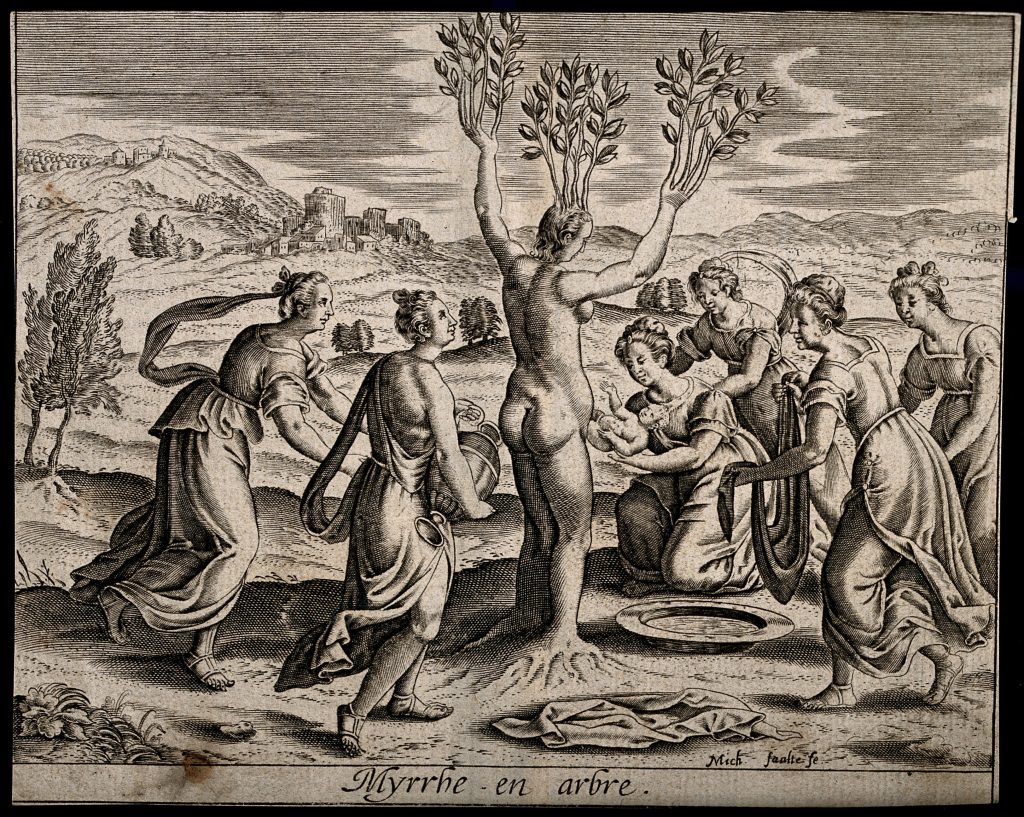
Knowing Childbirth – Birth Stories and Collective Learning
Research Project Update: Leah de Quattro
Knowing Childbirth is the title of Leah de Quattro’s recently submitted PhD dissertation, conceived in 2014 as a part-time 1+3 ESRC-funded project, which included a pilot study leading to an MSc dissertation and an open-access journal article.
Childbirth is not an easy prospect, and many British women find that antenatal education does not provide the preparation they need. This qualitative, ethnographic study explores birthing people’s experiences of collective childbirth knowledge, with a focus on birth stories and group-led antenatal sessions.
In conversation with initial research and epistemological theory, Knowing Childbirth aims to understand how birthing people collectively produce birth knowledge. Research objectives include investigating how people utilise storytelling, group-led antenatal sessions and other collective practices, as well as the impact of these knowledges. This study also seeks to build an open, diverse discourse on birth with women as active agents, and like all feminist research, to reduce suffering and improve people’s lives.
To meet the aims and objectives, I relied mainly on participant observation at antenatal sessions, with additional data from interviews with session leaders. I observed NHS teacher-led (standard Active Birth and Homebirth) classes and community-based group-led (Positive Birth Movement and Homebirth) sessions. I also incorporated observational research at National Childbirth Trust classes and Homebirth groups from the pilot study. I analysed data using a novel application of template analysis, framed by feminist technoscience, ethnography and socio-narratology.
Session transcripts demonstrated some ways in which people engaged with stories, group-led sessions, other collective practices (e.g., intuition, comparing, humour, silencing) and birth knowledges in general. Interviews with midwife-teachers and group facilitators added contextual information and practice-based perspectives.
Group-led sessions enabled women to represent a wider variation of experiences of control and trust. While different stories did different work, storytelling often foregrounded complex subjectivities that challenged dualistic mainstream birth narratives and individualism. Overall, collective practices produced more care-ful knowledges through material tinkering, attending to emotions, working athwart norms and creating protective/suppressive absences. The various birth knowledge practices enacted multiple effects, including increased dis/trust, compliance and disrupted norms, with in-depth storytelling as one of the most positive and powerful practices.
Image Credit: Myrrha, being transformed into the myrrh tree, gives birth to Adonis. Engraving by M. Faulte. Credit: Wellcome Collection. CC BY.






0 Comments